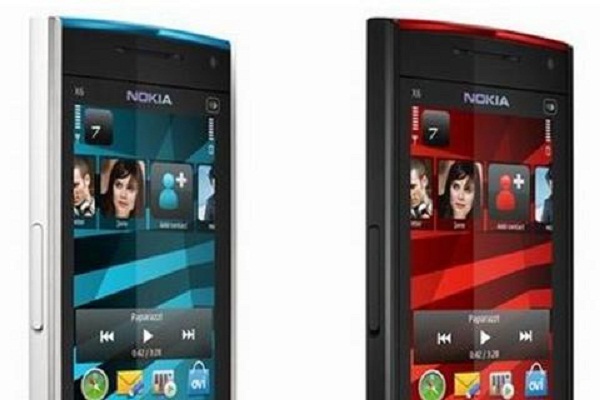
The Android operating system has taken the market by storm and has completely changed the way mobile devices were developed. Mobile manufacturers now need to only build their hardware around this OS instead of investing time & money in developing an in-house OS. Everyone seems to be joining the Android bandwagon because of its truly open platform and here are a few things you should know when you’re planning to buy an Android phone.
Not All Android phones are good
Sure, Android is open and you can build as many rich applications as you want on it, but don’t let that make you go ahead and buy just any Android phone. The hardware of the phone must be good enough to support the OS and its applications too. The iPhone is an example of device in which the hardware and the software are completely compatible with each other. There are a lot of Android phones in the market that do not meet this condition. So keep your eyes open.
Being Android does not make it expensive
The iPhone has created some sort of an exclusivity due to its high price. Often a high price is assumed to be a sign of good quality or superiority of the product and vice versa. This is not the case with Android, though. Don’t avoid considering inexpensive Android phones just because of their price.
The most preferable OS version may not be the latest one
Google is moving at a fast pace with updates of Android, with approximately 4 new versions of the OS releasing in the span of a year. And unlike a piece of software on the PC that updates itself instantly when a newer version of it is released, there is a lot of delay involved in getting the latest version of Android on the phone. This is not the case with Google’s Nexus One phone. It being a Google phone, receives updates instantly. With other Androids, however, it is not fast or easy.
Android phone manufacturers have a hard time with taking the new source code and customizing the user interfaces and applications to work with the code. Also, looking at the speed at which Google is releasing new revisions, they aren’t sure whether another version will get released before they finish working with the present one.
So buy the version which has had very few hitches in functionality. The Android OS v 2.1 (Eclair) has been by far complaint free, so it is highly recommended that you buy a phone having that version. However, the Android OS v 2.2 (Froyo) has much superior functionality and user experience that Eclair.
Different phones, different user interfaces
Unlike the iPhone which has a consistent user interface and functionality despite its numerous versions, all Android phones are different from each other. Do not expect one Android phone to have a User Interface (UI) like another. Consumers often opt for Nokia or iPhone because they are already well adapted to their respective UIs. With Android, however, that is not the case. Every version is different. Eclair (Android v 2.1) had a slightly different interface than that of Donut (Android v 1.6). Froyo (Android v 2.2) was again different from Eclair, and now Gingerbread (Android v 3.0) is said to undergo a major revamp. Moreover, Android phone manufacturers are free to tweak the OS as they like, to incorporate the features they want. So be prepared to see something different with every Android phone and settle for what provides the best user experience to you.
Application incompatibilities
Not all applications work on all versions. For instance, there are some applications that have been built to work on Android 2.1 and above and hence, phones with lower versions may not show those applications in the App Store at all. Also, different phones have different screen resolutions and different versions of Android support different screen resolutions. The phone manufacturers customize the OS depending on the screen resolution of the phone. HVGA (480×320 pixel) and WVGA (240×400 pixel) seem to have the most compatibility for applications as of now. We can expect a change in this trend now as more phones with lower resolutions are coming up. Developers will have to customize the system to meet with those resolutions too.
Higher processor speed does not imply smoother running of OS
The OS may run slower on an XPERIA X10 with a 1 Ghz processor than on a Motorola Milestone with a 600 Mhz processor. The version of the OS matters too. The condition mentioned would occur if the XPERIA was running Android v 1.6 while the Milestone, v 2.1. Every new version of Android gets optimized for faster performance. So don’t just look at the processor speed. Take the version, the RAM and other things into account as well.
Not all applications are free
Though you can create your own applications, and a lot of applications are for free, there are a few paid ones too. Only a few countries can avail of these paid applications currently. However, there are plans to add more countries to the list soon.
